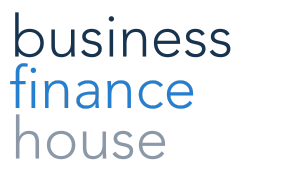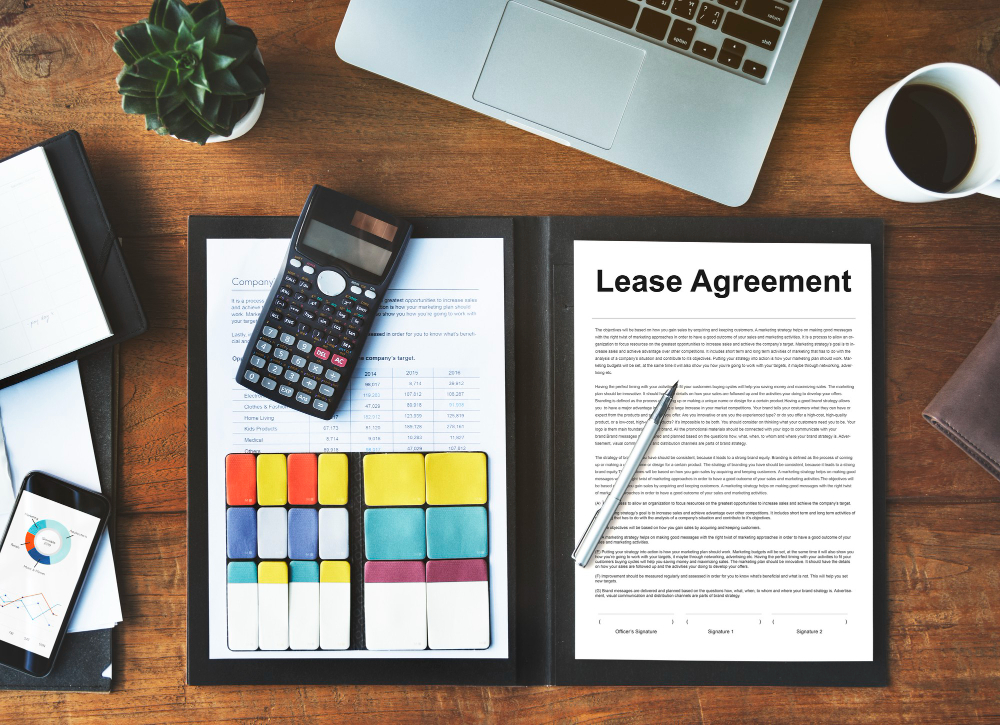Running a manufacturing business in the UK isn’t for everyone. Between rising material costs, tight profit margins and the need to keep up with technology, maintaining a healthy cash flow can feel like a constant juggling act. That’s why more and more manufacturers are turning to asset refinance as a smart, flexible way to boost working capital without taking on new debt.
But what exactly is asset refinancing and how do you know if it’s right for your business? Let’s break it down.
What is Asset Refinance?
Asset refinance allows you to unlock the value tied up in your existing business assets. If you’ve already paid for machinery, vehicles or other high-value equipment, a lender can use those assets as security to provide you with a lump sum of working capital.
You keep using the equipment as normal, but now you’ve got extra cash on hand to reinvest in the business without needing to take out an unsecured loan or bring in outside investors.
Why It Makes Sense for Manufacturers
Manufacturing businesses typically have a lot of capital tied up in physical assets. Think CNC machines, vehicles, printing presses, specialist tools and more. These can be refinanced to:
- Boost cash flow during quieter months
- Invest in new contracts or orders
- Upgrade facilities or technology
- Manage unexpected costs without dipping into reserves
Instead of letting your existing equipment just sit there on the balance sheet, equipment refinancing turns it into a funding solution that works for you.

Benefits of Asset Refinance
-
Unlock Working Capital
Free up cash to reinvest in operations, expansion or even to cover payroll during seasonal dips.
-
Flexible Terms
Lenders often offer tailored repayment plans based on your business cash flow, making budgeting more manageable.
-
Retain Control
Unlike equity financing, asset refinance doesn’t dilute your ownership. You stay in full control of your business.
-
Quicker Approvals
Because the loan is secured against physical assets, lenders are often more willing to approve finance, even if your credit history isn’t perfect.
-
Tax-Efficient
In many cases, repayments may be tax-deductible as a business expense (speak to your accountant about what’s allowable).
What Kind of Assets Can You Refinance?
In the manufacturing world, most of the following can be refinanced:
- Production machinery
- Commercial vehicles and forklifts
- Welding equipment
- Packaging and labelling machines
- IT hardware and office equipment
If the asset has a resale value and is in good condition, it could potentially be used to unlock funding.
Things to Consider Before Refinancing
- Asset age and condition: Newer or well-maintained assets are more valuable to lenders.
- Loan terms: Understand the interest rates, fees and repayment terms before committing.
- Tax implications: In some cases, refinance agreements can be structured to offer VAT benefits or tax deductions, speak to your accountant.
- Ownership: You usually need to own the asset outright (not leased or under finance) for it to be eligible.
In a fast-paced, high pressure sector like manufacturing, having access to the right funding at the right time can be the difference between keeping up and falling behind. Asset refinance is a flexible, practical option that allows you to leverage what you already have to move your business forward.
Just make sure to work with a business finance broker who understands the manufacturing space and can help you find lenders that offer business asset finance tailored to your needs.
Get in touch with Business Finance House today to explore your options and see how much capital your assets could unlock.




